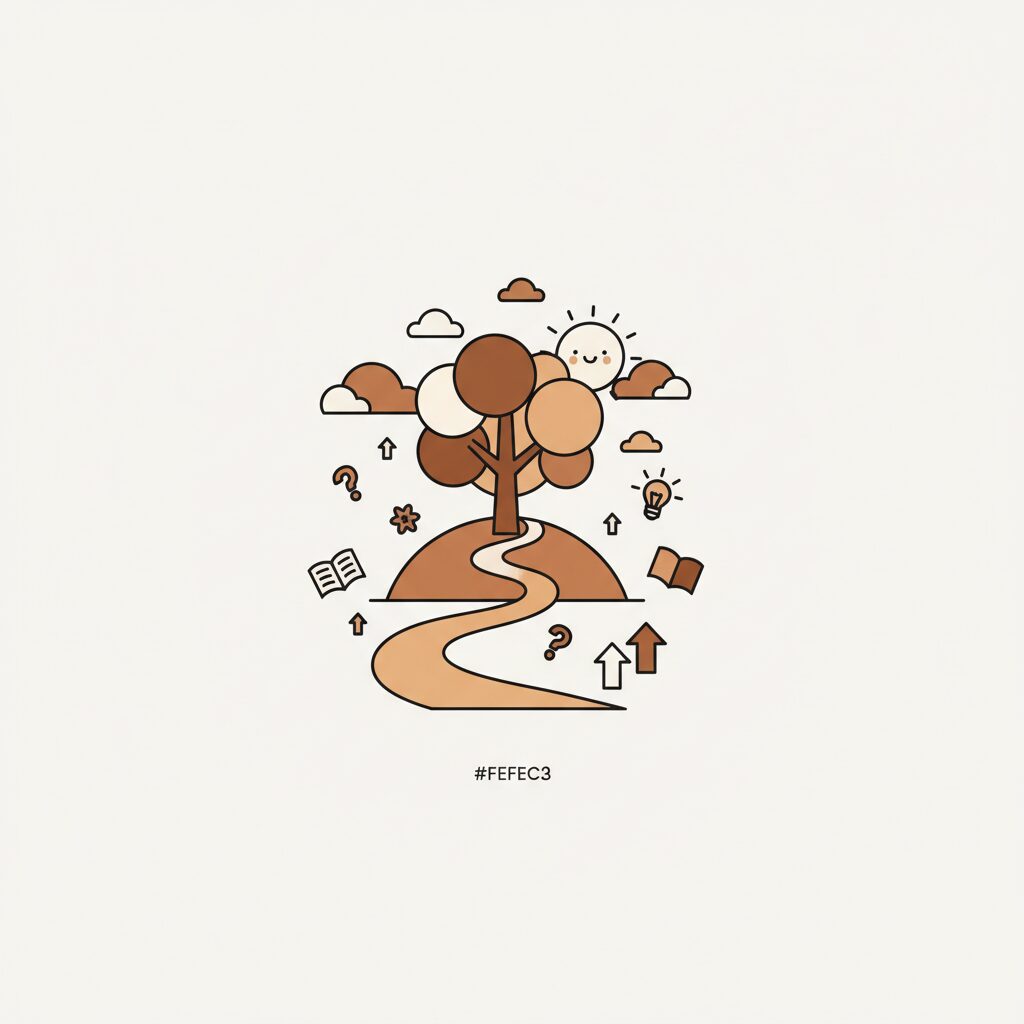
Overcast days like this have a way of making you pause, doesn’t it? Which brings us to these four innovators… But today’s news about Milan, Nadine, Saga, and Sergey—four recent grads who sailed from TU Delft MSc theses into full-time roles at JetBrains—is like a sunbeam cutting through gray. They didn’t just code; they questioned, experimented, and grew in a space where curiosity was celebrated. What if we gave our kids that same runway to explore? Not with pressure, but with the kind of joyful freedom that turns “what if” into “what’s next”?
Why “Ask Anything” Spaces Fuel Little Explorers?
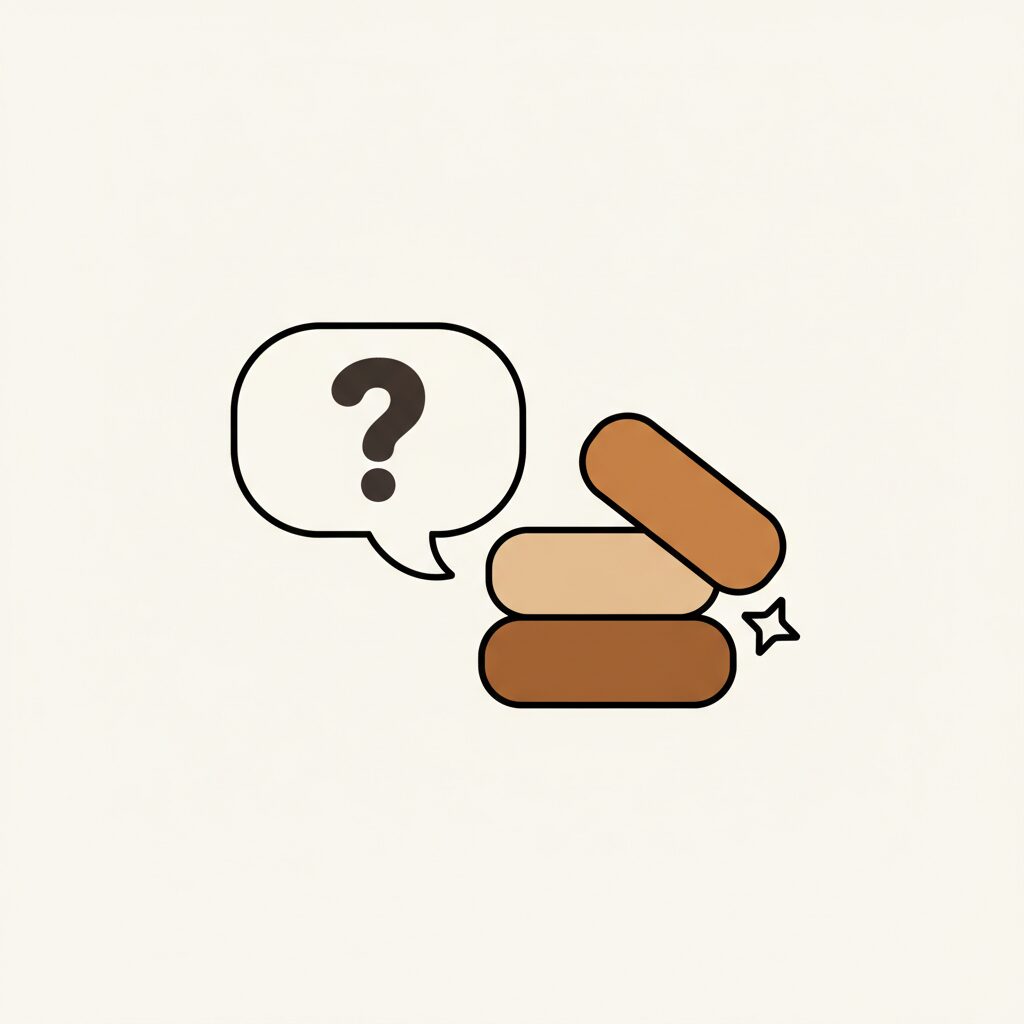
Picture this: four interns at JetBrains treated like full team members, free to pitch wild ideas without fear. That’s the magic. I remember watching a toddler build a tower of blocks—wobble, crash, laugh—then try again! Kids thrive where mistakes feel like stepping stones, not dead ends. When our children ask “why” for the hundredth time, what if we answered with, “Let’s find out together” instead of a quick fix? It’s not about having all the answers; it’s about nurturing that spark to dig deeper. Like these grads, kids learn best when they feel safe to wonder. Just this morning, I saw neighborhood kids outsmarting a puddle with sticks and stones—not because I told them how, but because they had space to tinker. Give them room to stumble, and watch resilience bloom. How might your child see that puddle as a lab? These joyful parenting moments build lifelong curiosity.
From Tiny Experiments to Big Leaps: Celebrating the Journey?
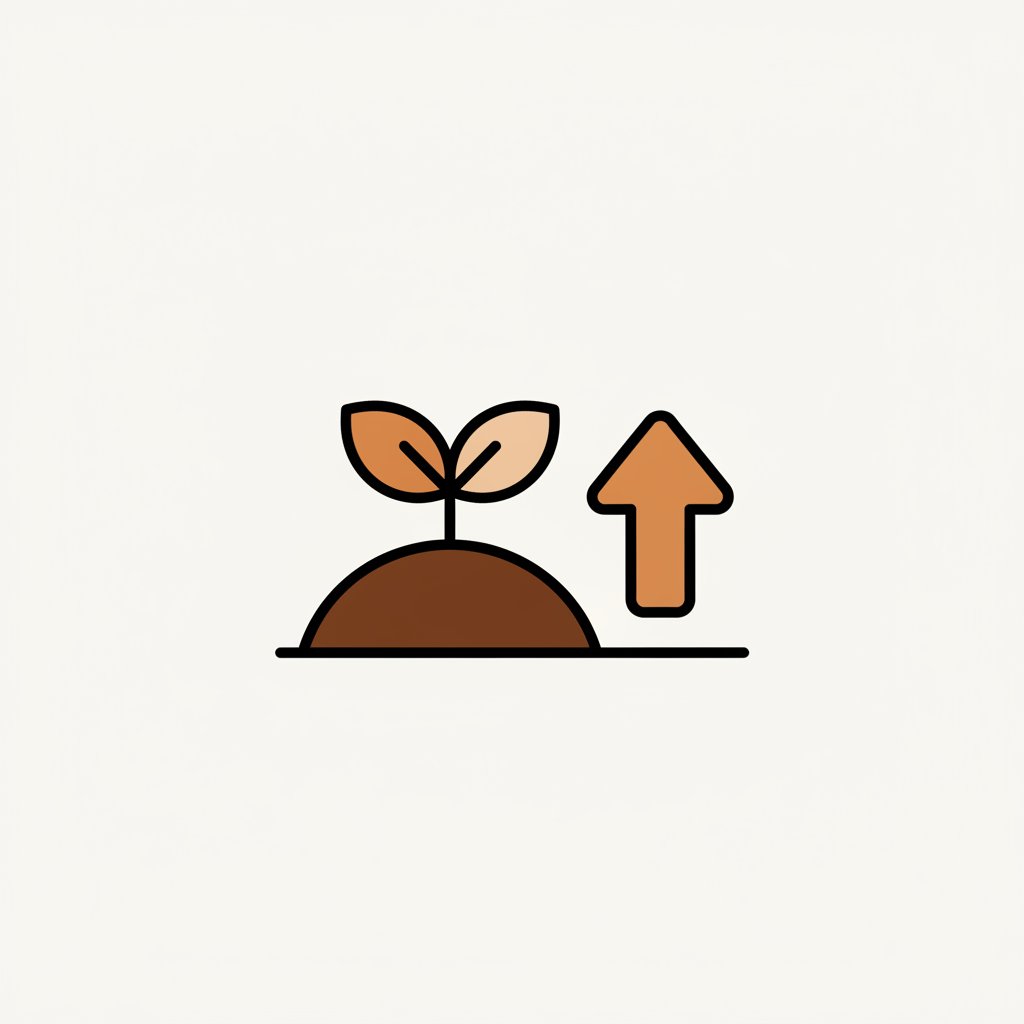
Parenting mirrors AI research here: These grads’ theses didn’t spring from overnight genius. They started as small hunches—nurtured through trial and error. Reminds me of those park afternoons when kids turn a cardboard box into a spaceship. No fancy tools, just pure imagination. With our little ones, every “I built it myself!” moment matters, whether it’s a drawing or a Lego bridge. The AI4SE program shines because it honors the process, not just the product. Same goes for parenting: put down the phone during snack time and ask what their block creation does. Hear how their eyes light up describing invisible lasers? That’s the journey we’re here to cheer—not the destination. Real growth lives in the messy middle, where “almost” becomes “aha!” And isn’t that how we prep them for tomorrow? One curious “what if” at a time. This tech future is built on joyful steps.
Tech as a Playful Partner, Not the Boss?
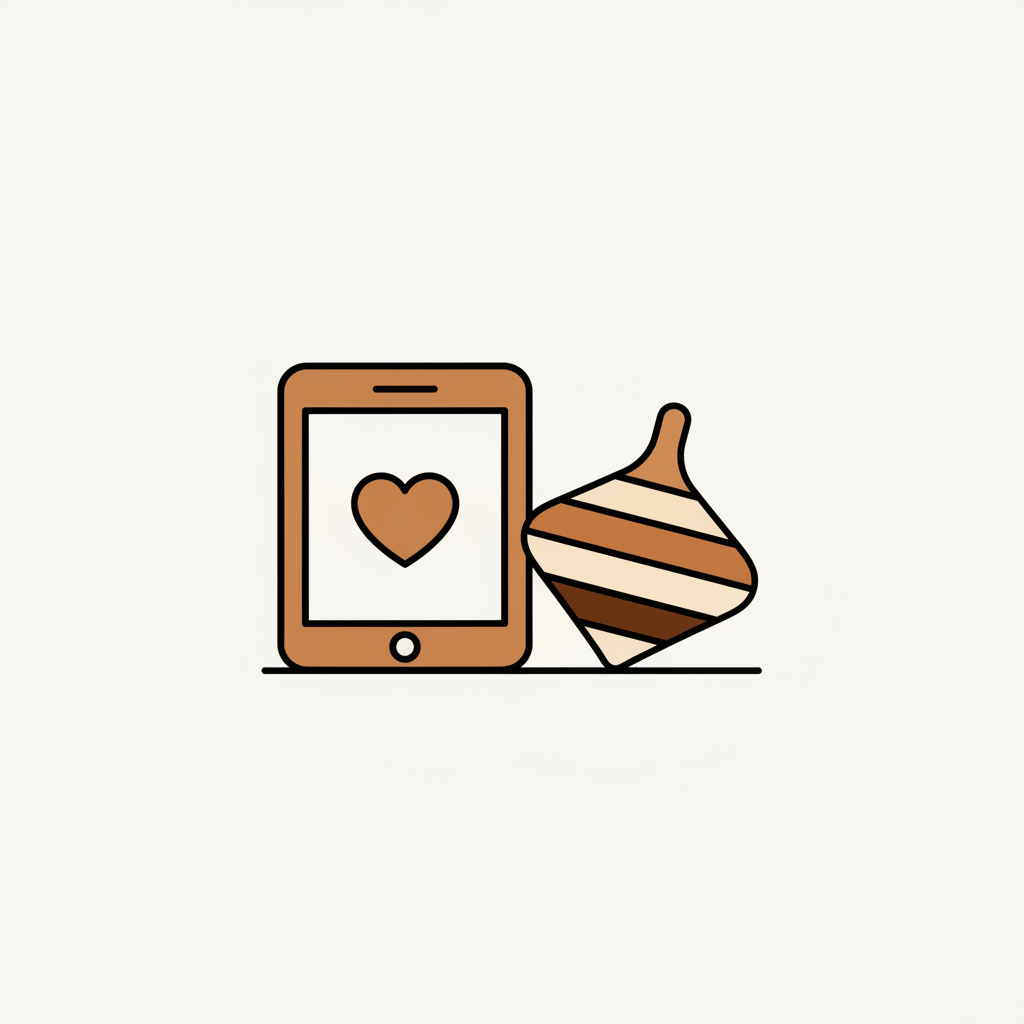
JetBrains and TU Delft aren’t just building AI tools—they’re reimagining how humans work with them. Think of it like packing a family picnic: the basket holds the essentials, but the joy’s in the shared laughter, not the container. For kids, tech should feel this way—simple helpers for discovery, not babysitters. Why not try a “tech treasure hunt” where they sketch ideas before screens enter the picture? “Draw how a robot would sort your toys!” Then maybe explore a kid-friendly AI tool to bring it to life. Balance is key: pairing digital sparks with sidewalk chalk art or backyard bug hunts. After all, these grads succeeded because they blended brainpower with humanity. Our kids deserve that harmony too—where screens amplify play, but never replace the mud pies and tree climbs that build grit. Balancing tech with play fosters resilience.
Rooted in Real Life: Where True Innovation Grows?
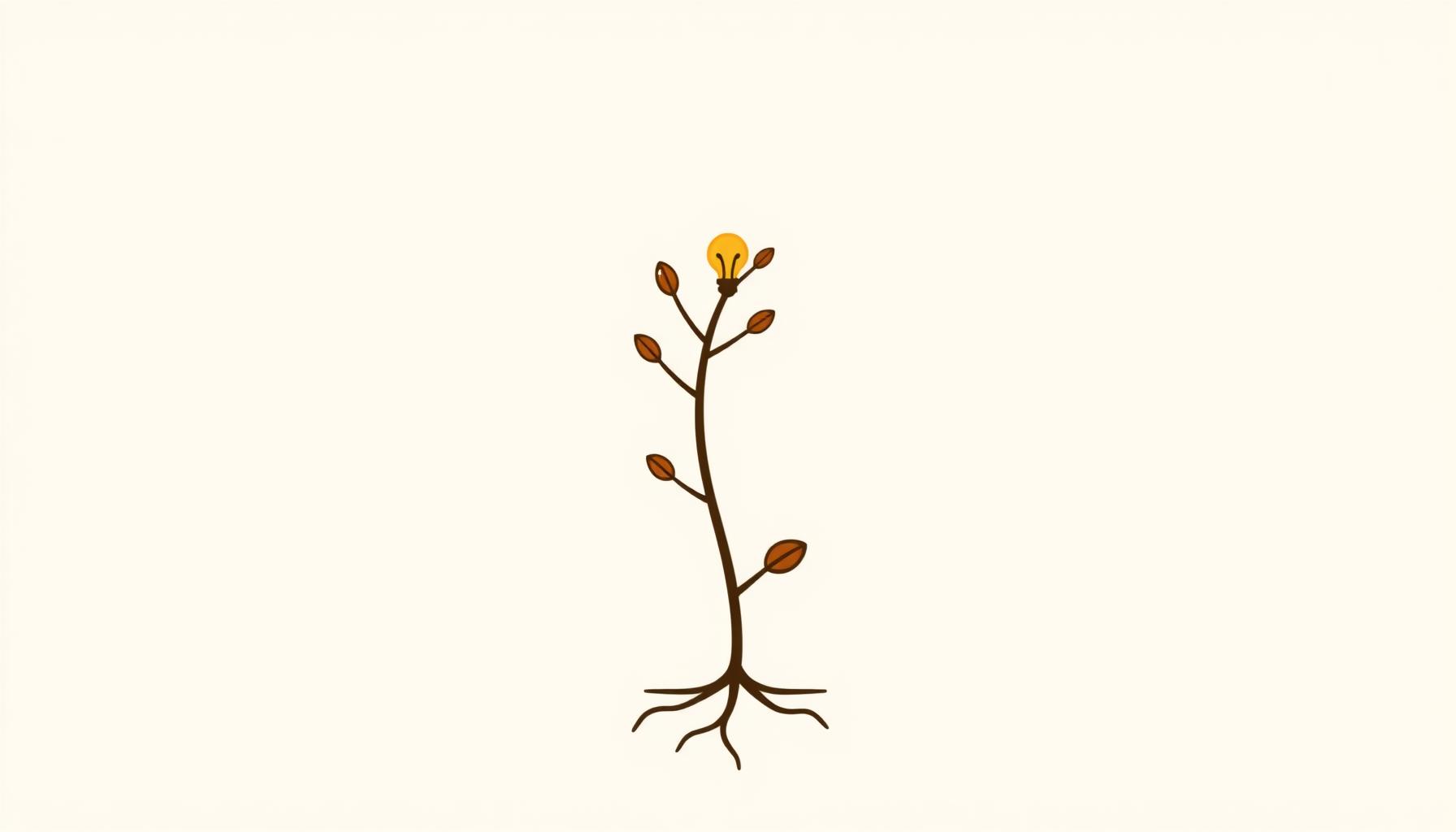
The AI4SE program targets software development and education—because even the smartest tools need human hearts behind them. One research excerpt notes their focus on “operationalising outcomes for the real world.” Exactly! When kids learn coding through games, it sticks when tied to physical play: “How could we build a ramp for your toy car to go faster?” Let them test ideas in the driveway, not just on tablets. Real-world skills—like negotiating playground rules or fixing a broken kite—teach more than any app. These grads didn’t just study AI; they collaborated, questioned, adapted. That’s the secret sauce we’re nurturing at home: curiosity rooted in doing. Pop outside this week with a “wonder walk”—spot five colors in nature or count clouds. Those moments wire young brains for creative problem-solving far beyond the keyboard. This joyful growth builds innovators.
Growing With Hope: Your Family’s Next Adventure?
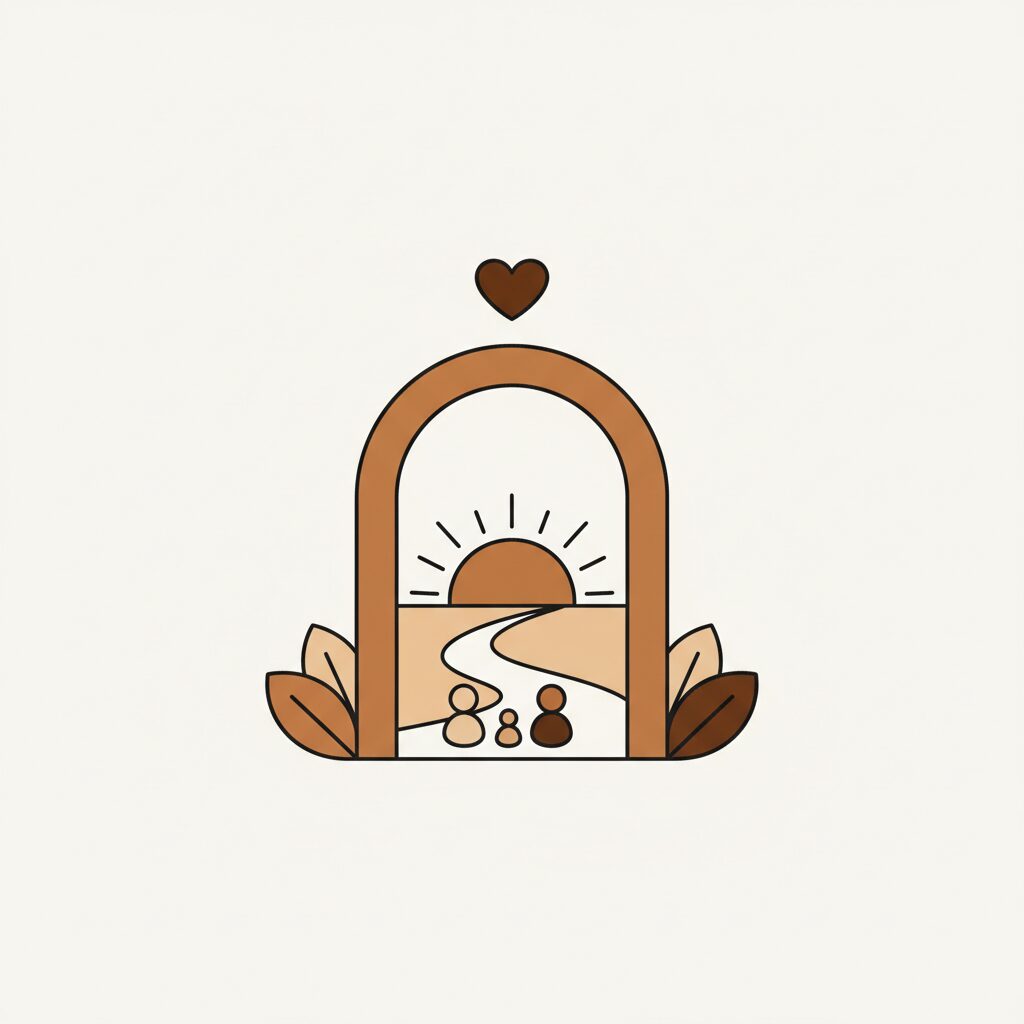
Reading how these interns transitioned from students to innovators, I’m struck by the supportive culture that lifted them. It’s not about fancy labs—it’s the quiet “I believe in you” that fuels confidence. As parents, we’re building that culture daily: through bedtime stories that end with “What would you do?” or high-fives for trying new foods, like folding mandu dough together. The future of AI isn’t intimidating when we frame it like family road trips—tools guide the drive, but we pick the pit stops. So swap “screen guilt” for playful experimentation. Bake cookies together, then wonder aloud: “Could a robot learn this recipe?” Let giggles fill the kitchen. Because in the end, it’s not about raising tech geniuses. It’s about raising kids who trust their curiosity, bounce back from spills (chocolate ones included!), and know their ideas matter. That’s how we all move forward—one joyful step at a time. Food for thought: What small adventure will you start today?
Source: Meet Our Newest Innovators: Welcoming AI4SE Interns as JetBrains Employees!, JetBrains Research Blog, 2025/09/01
